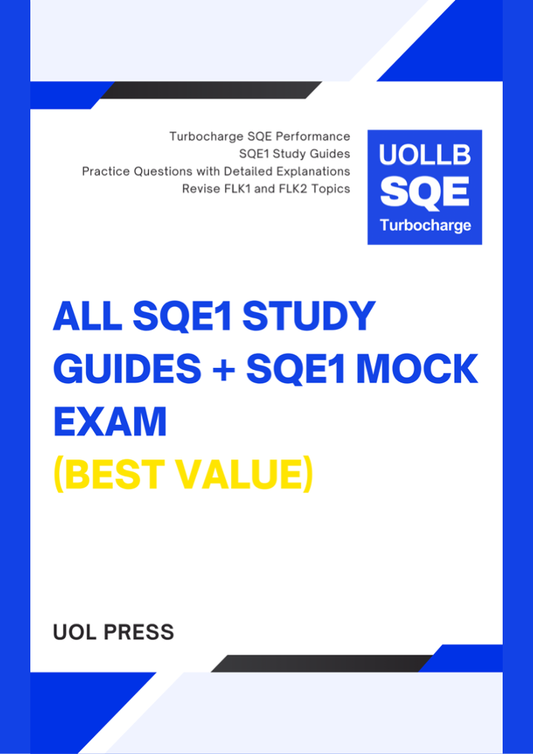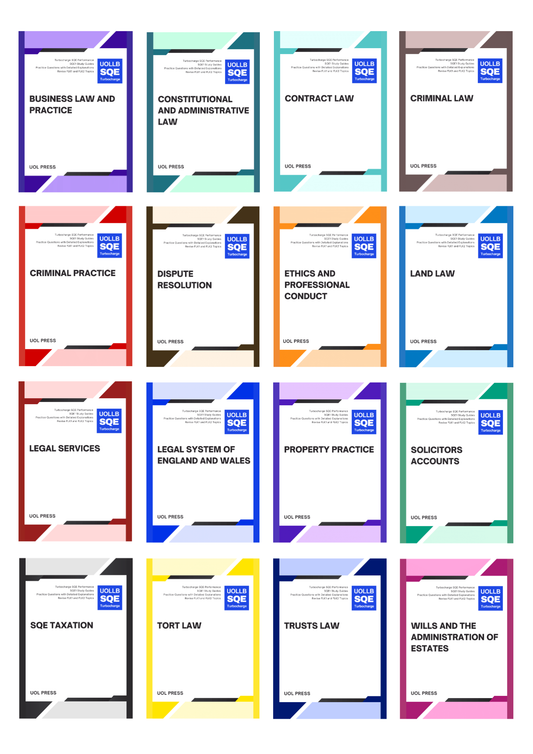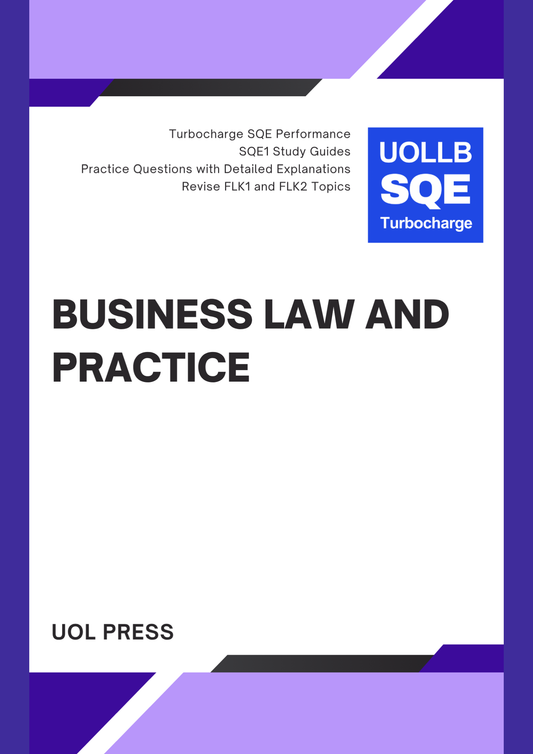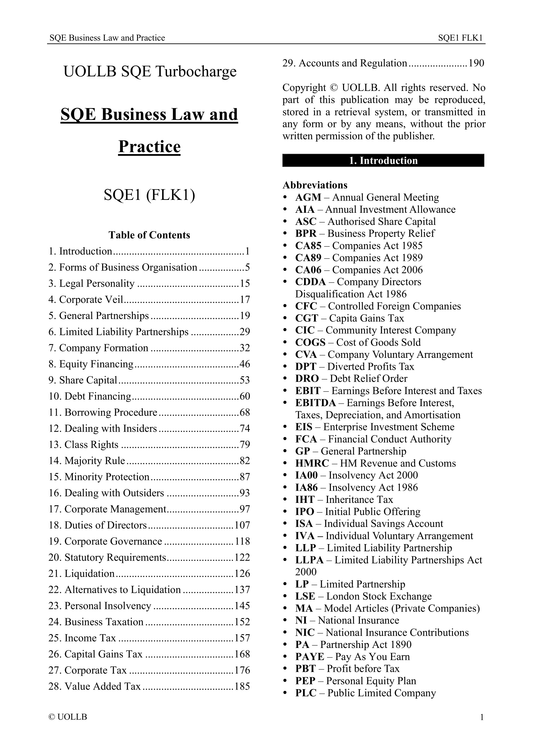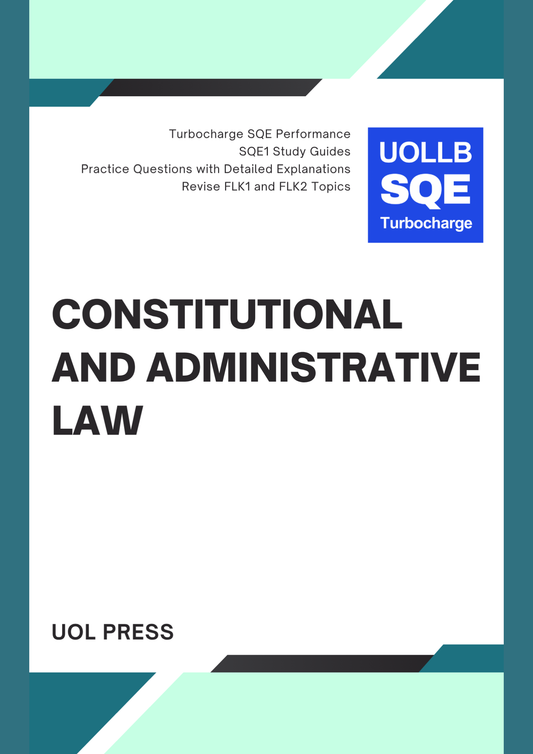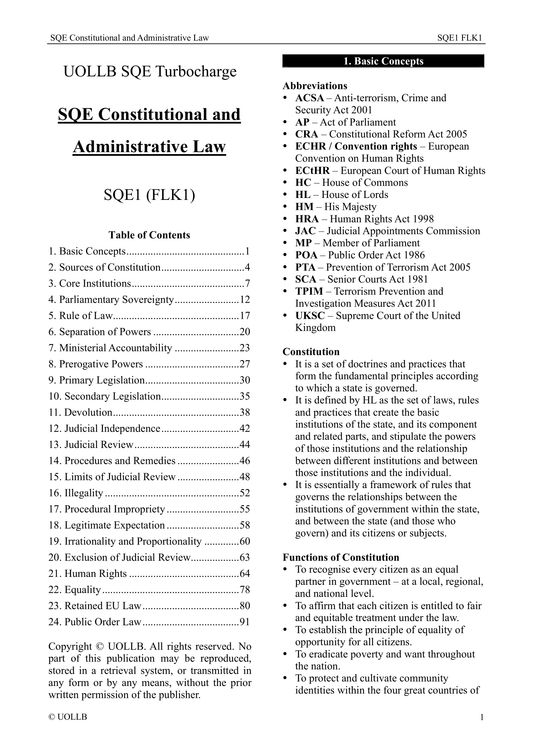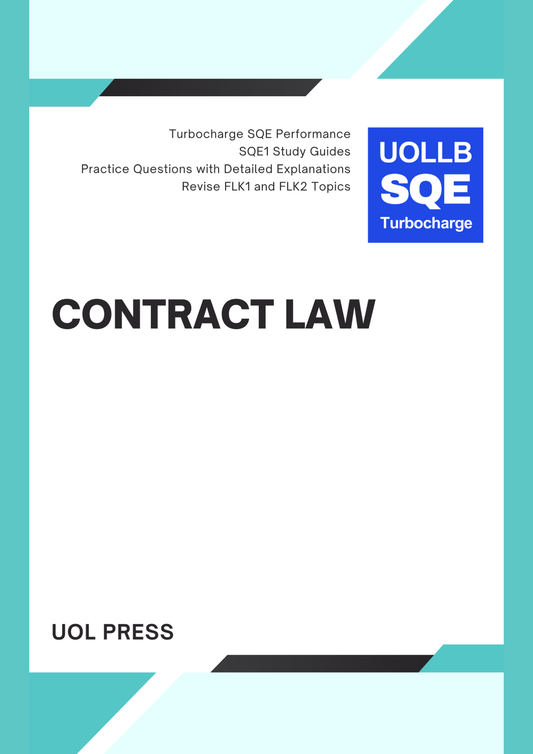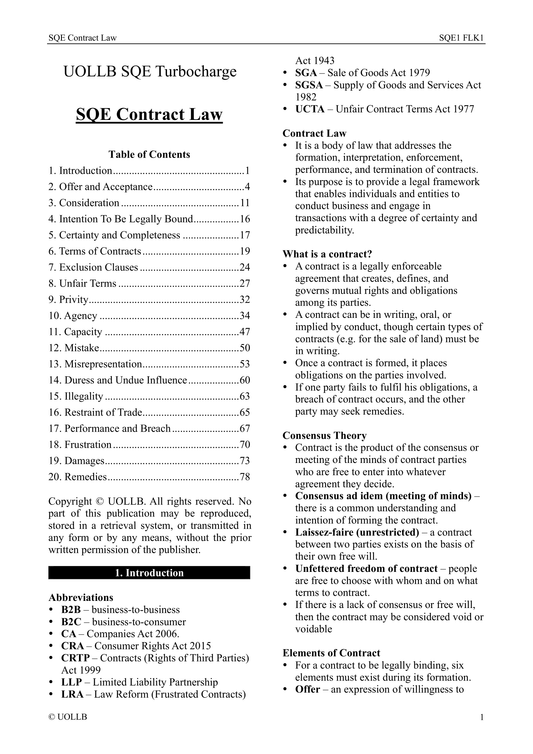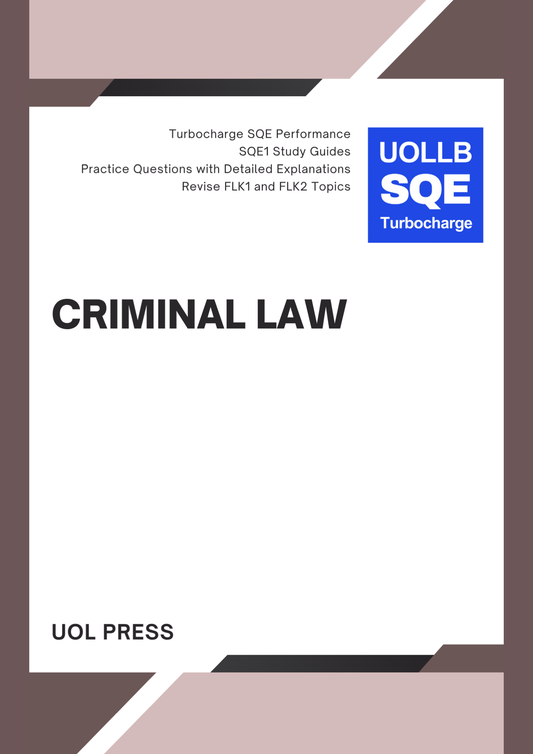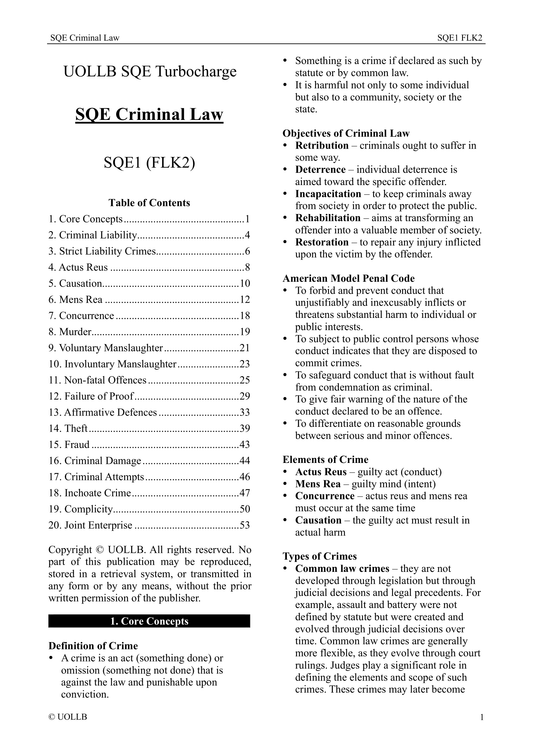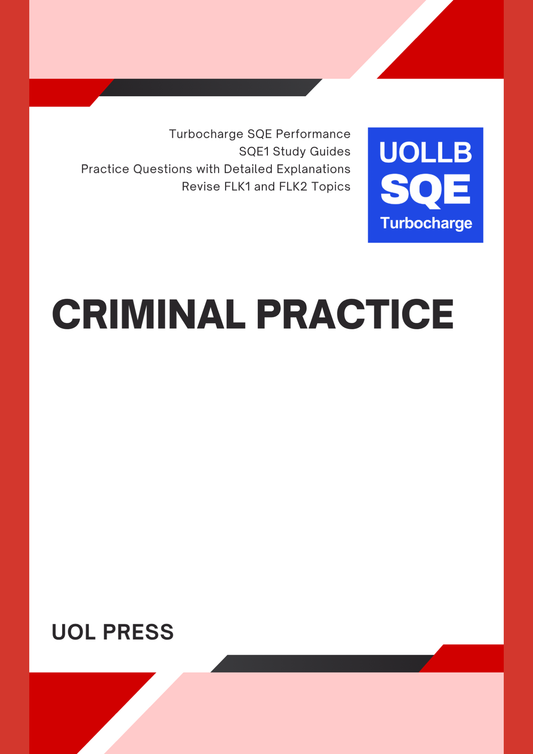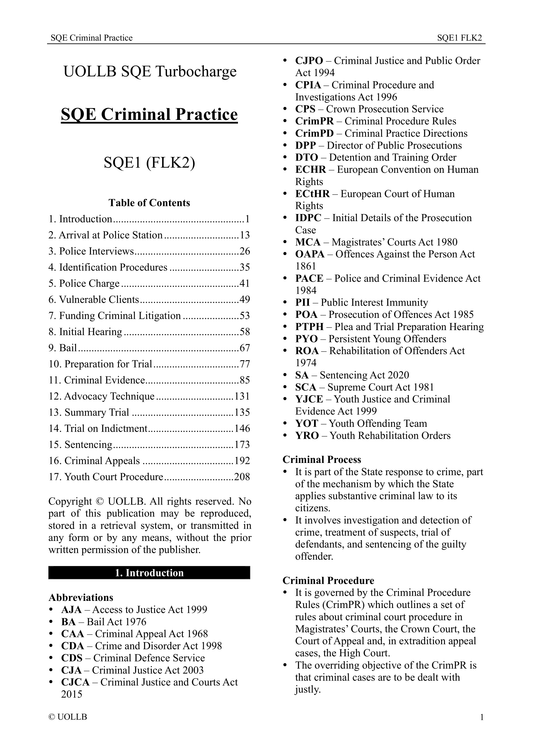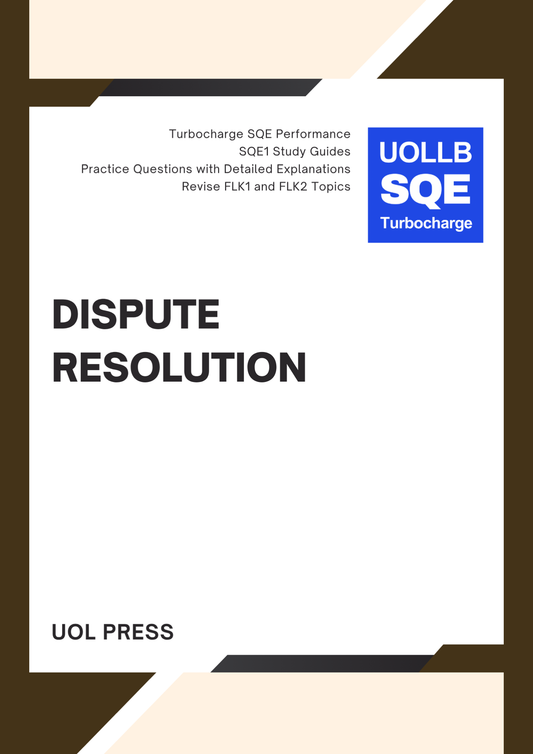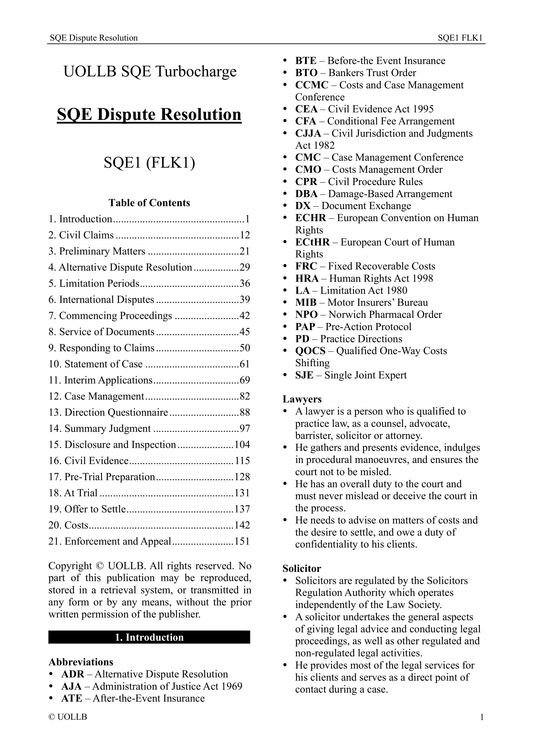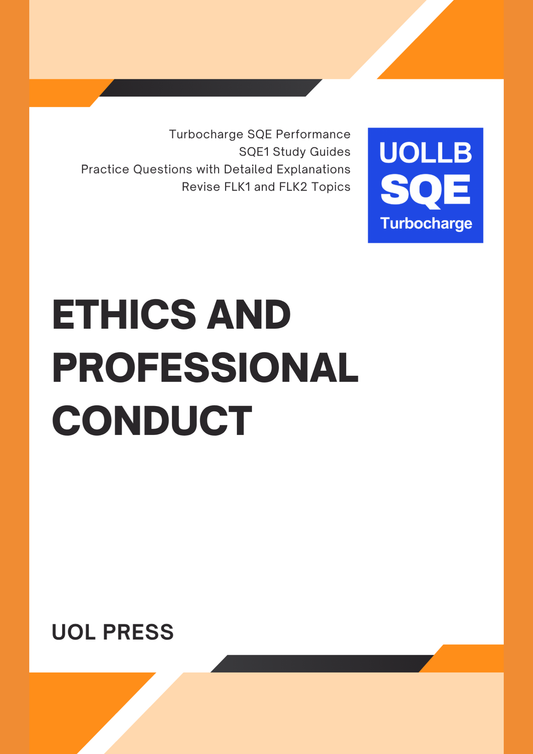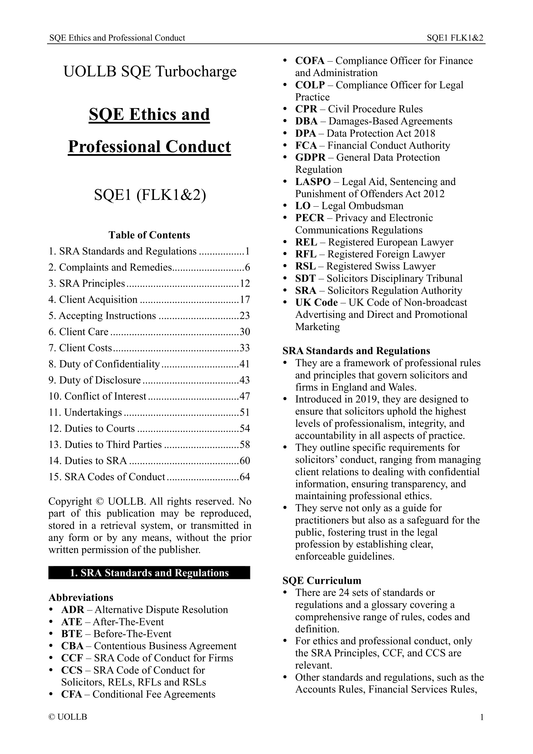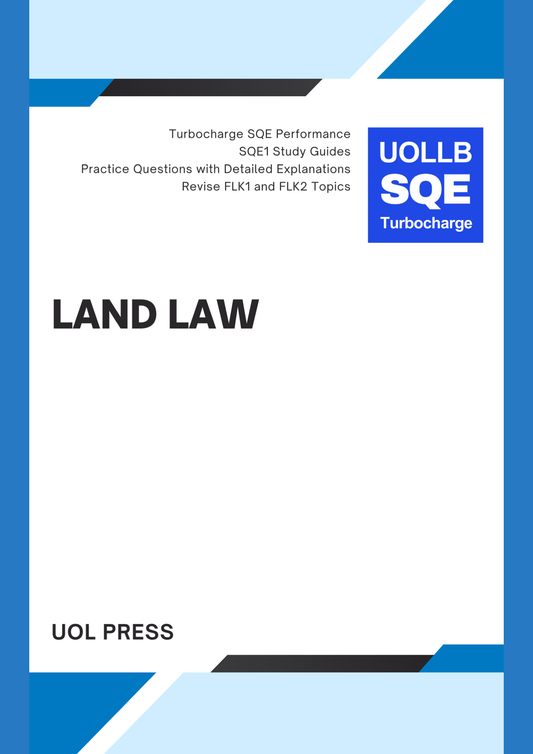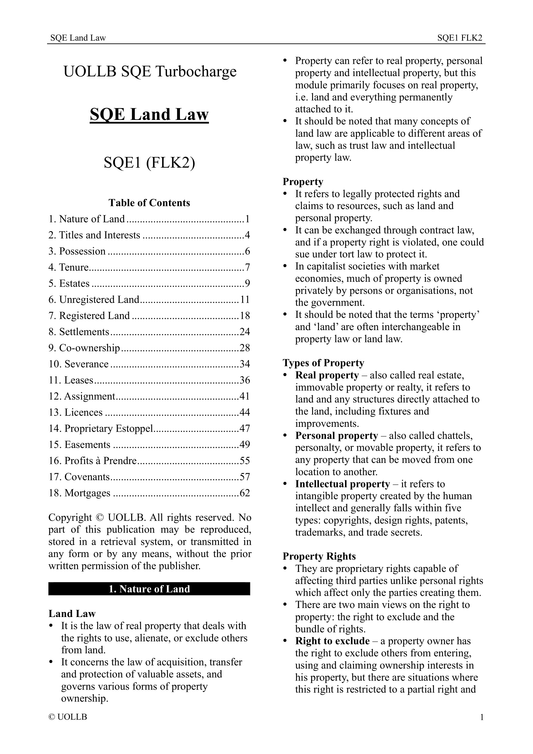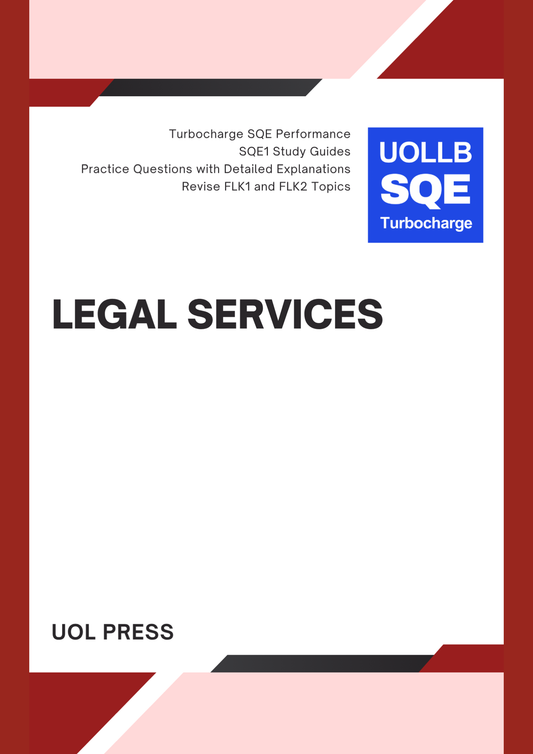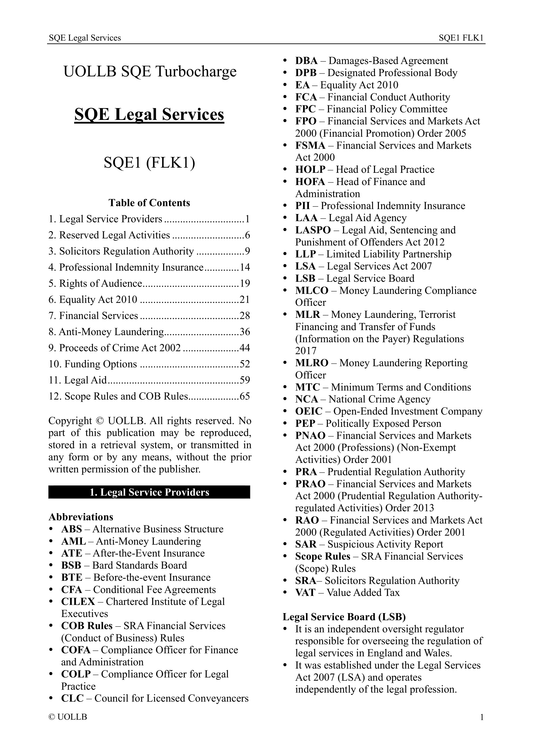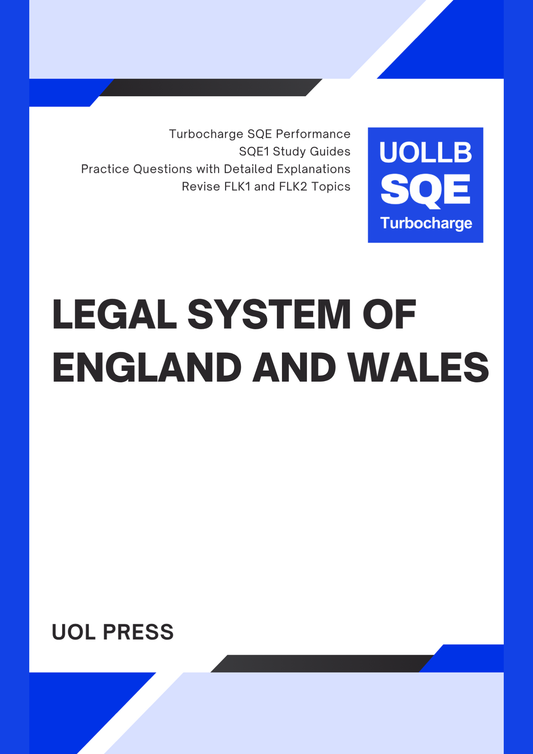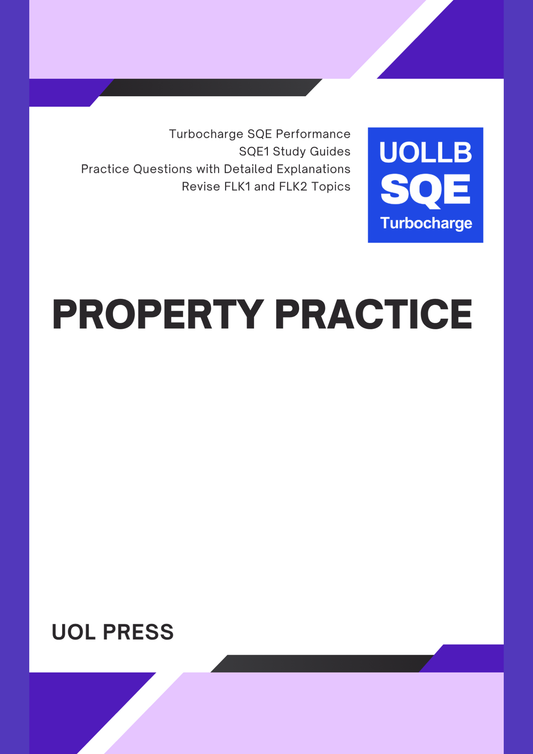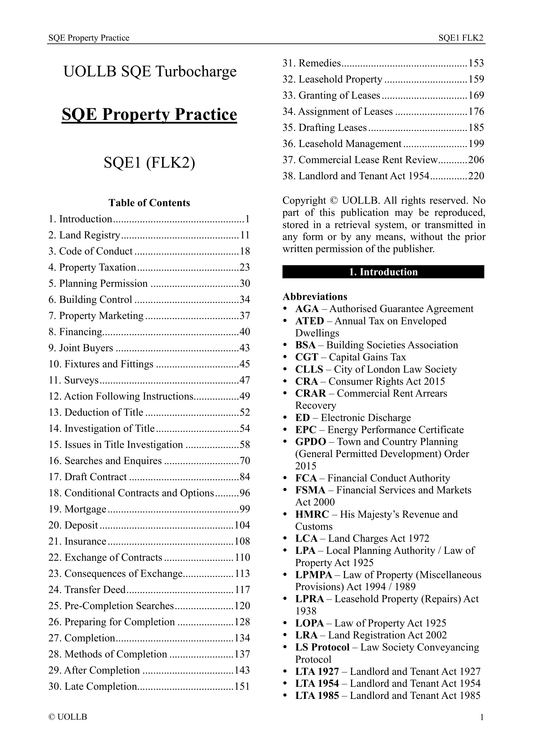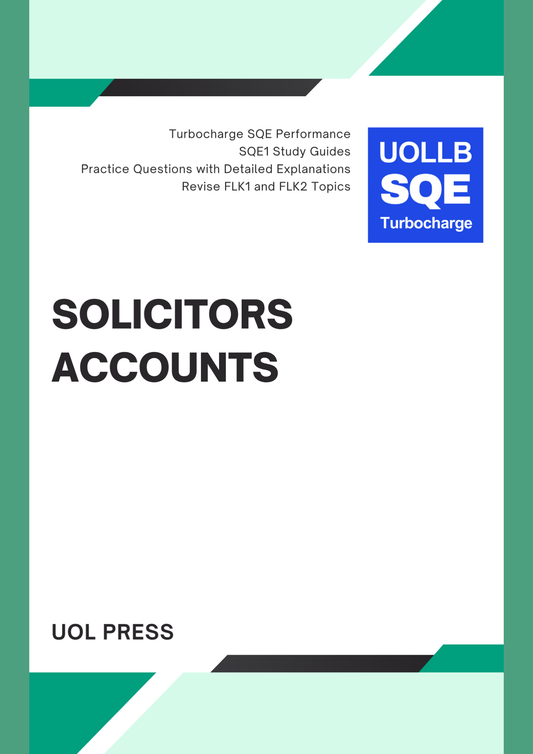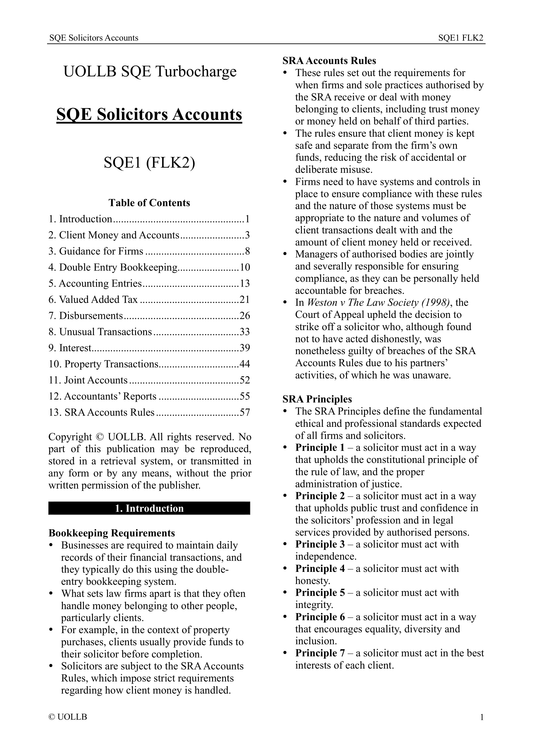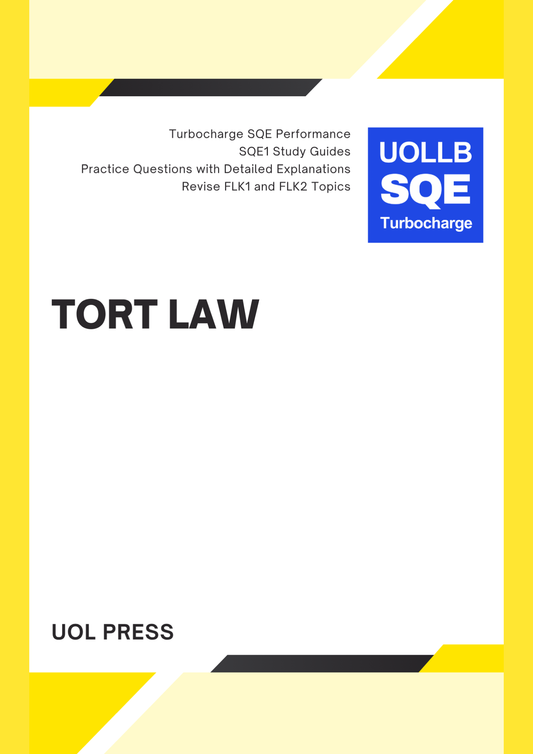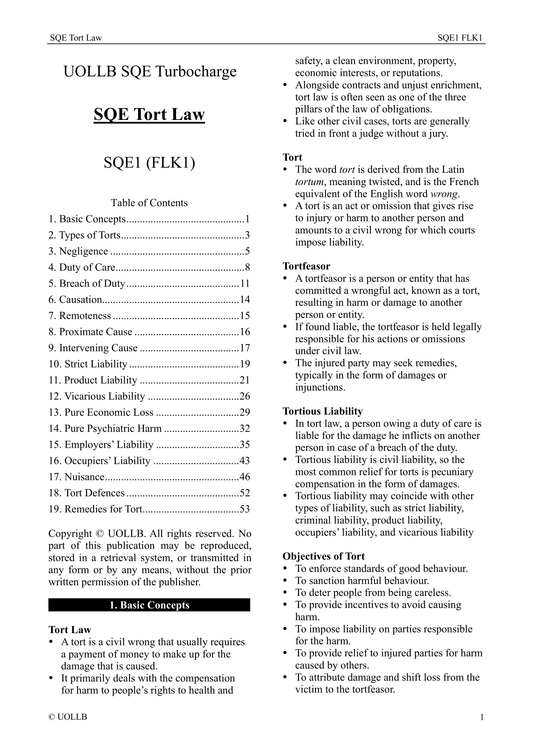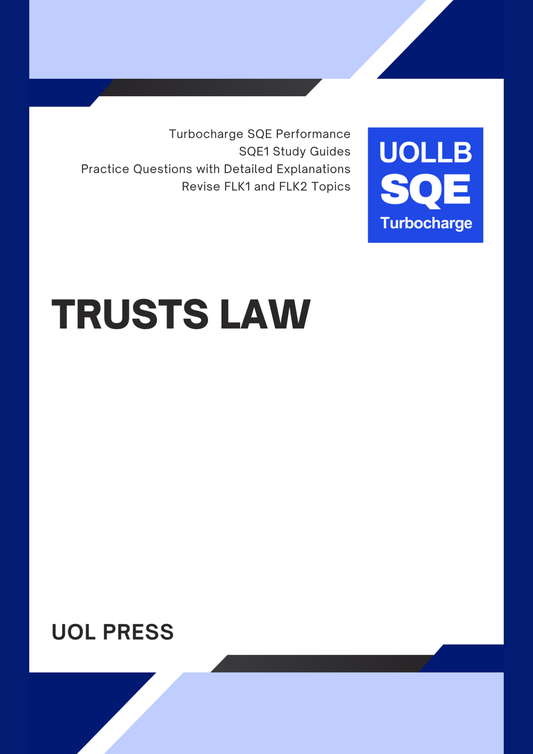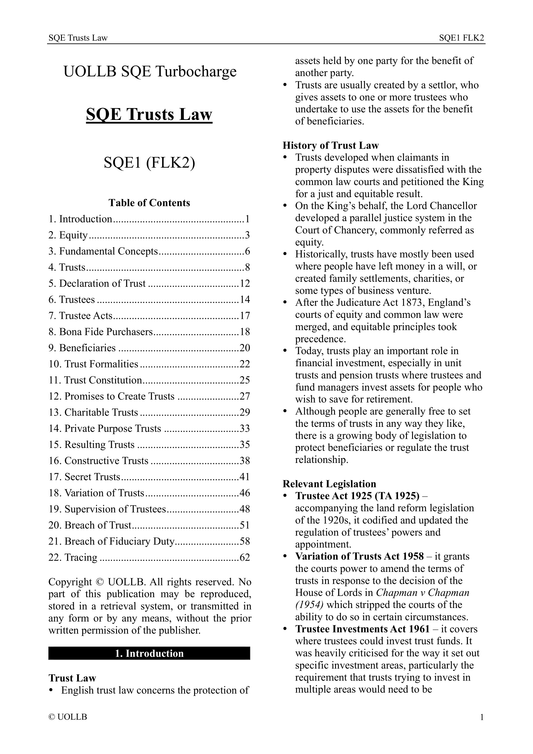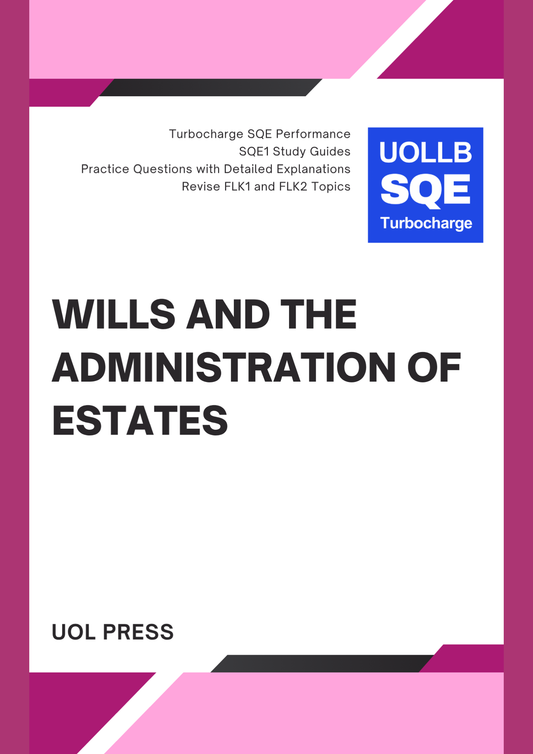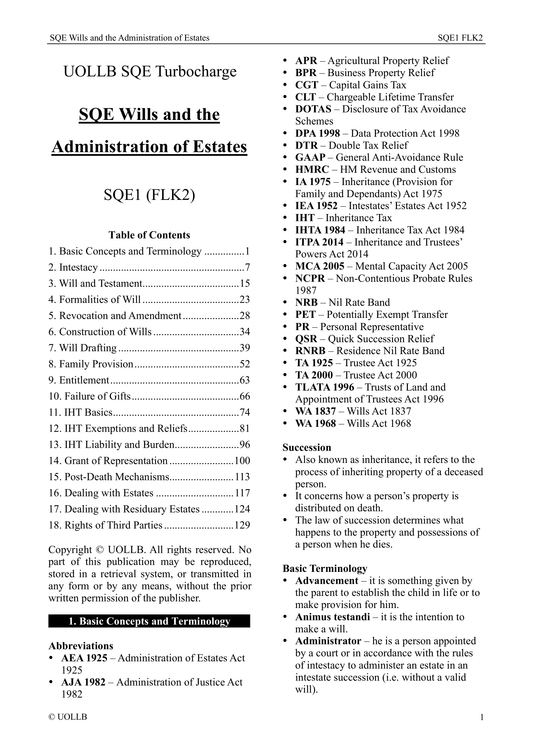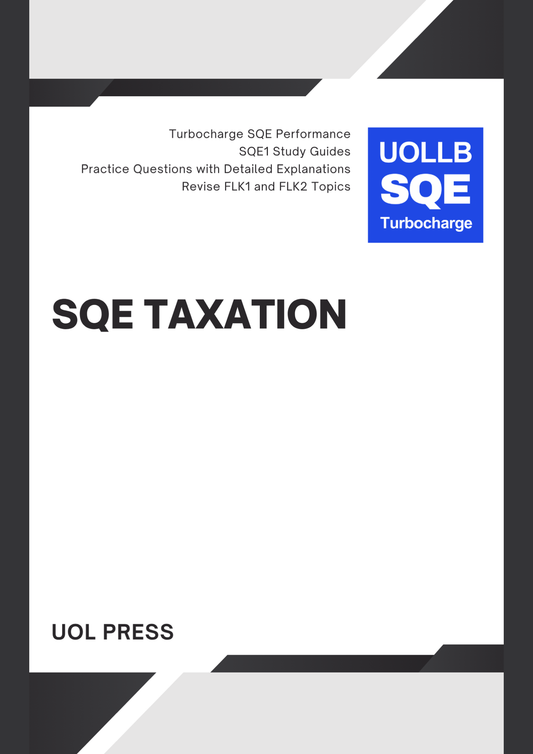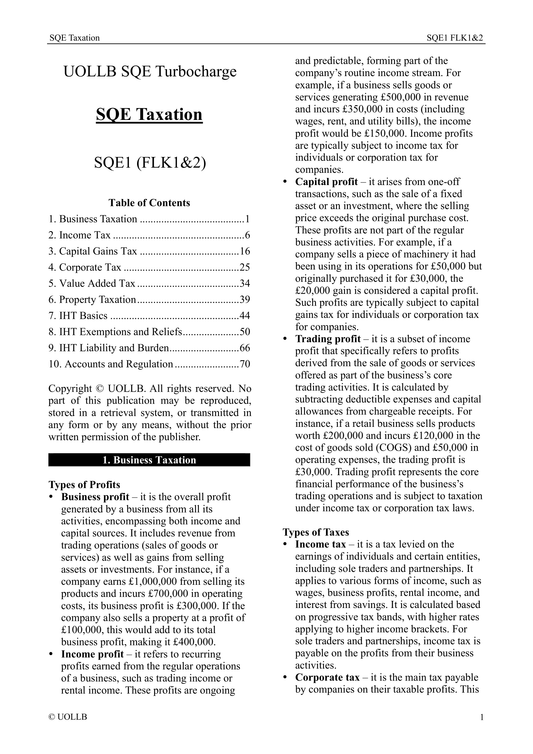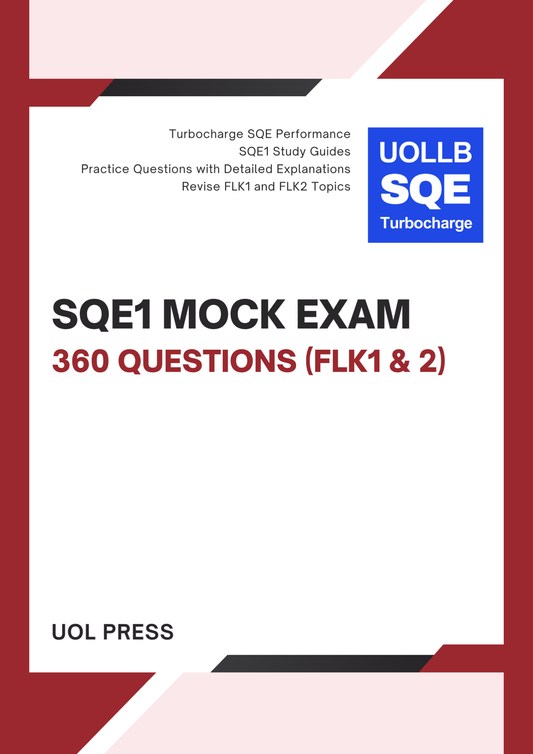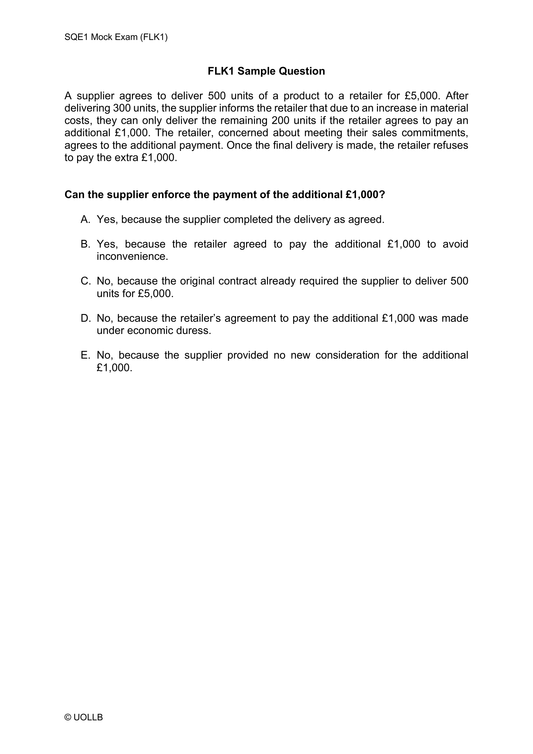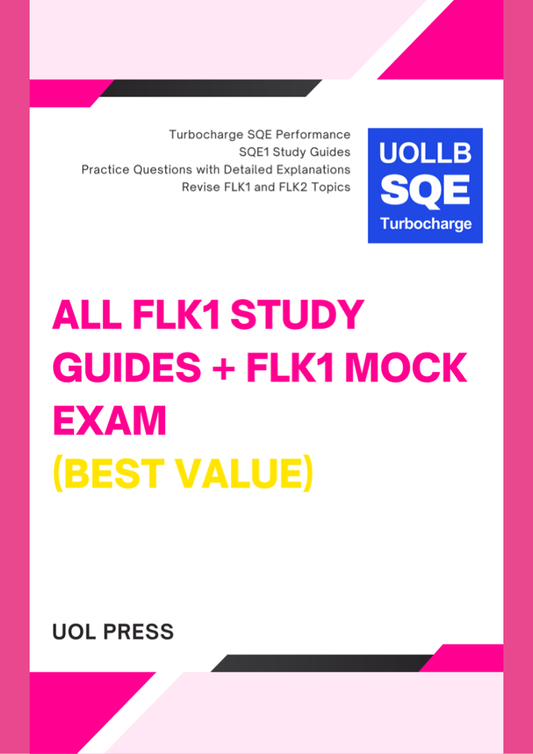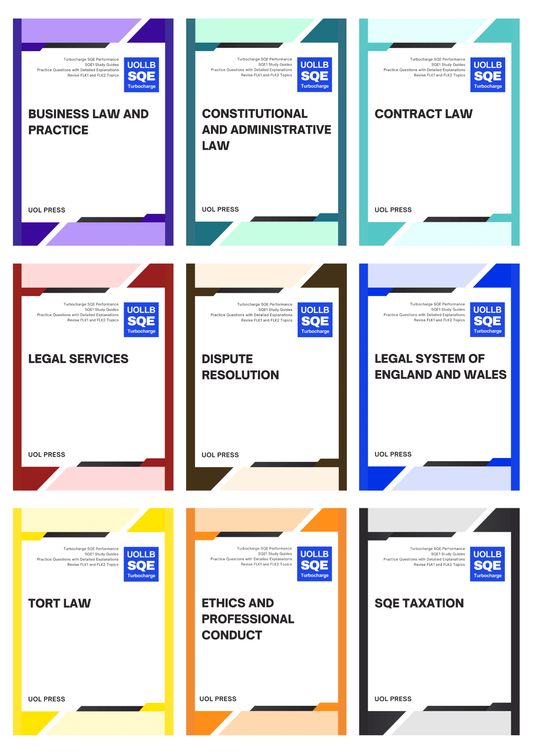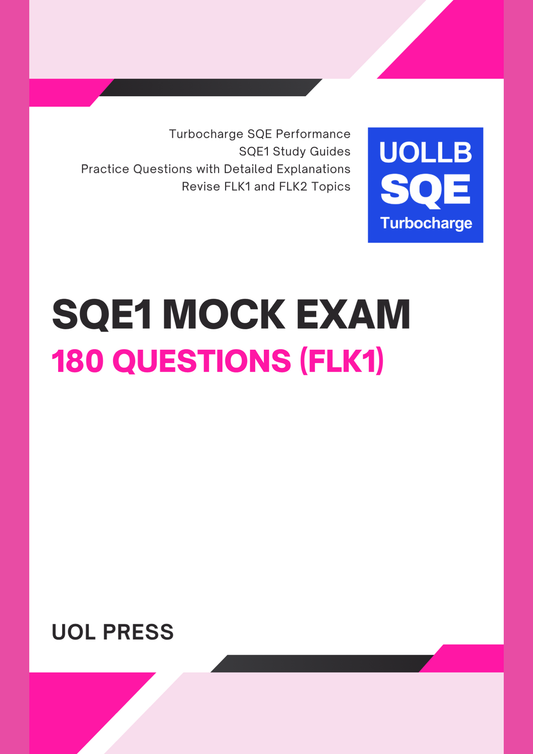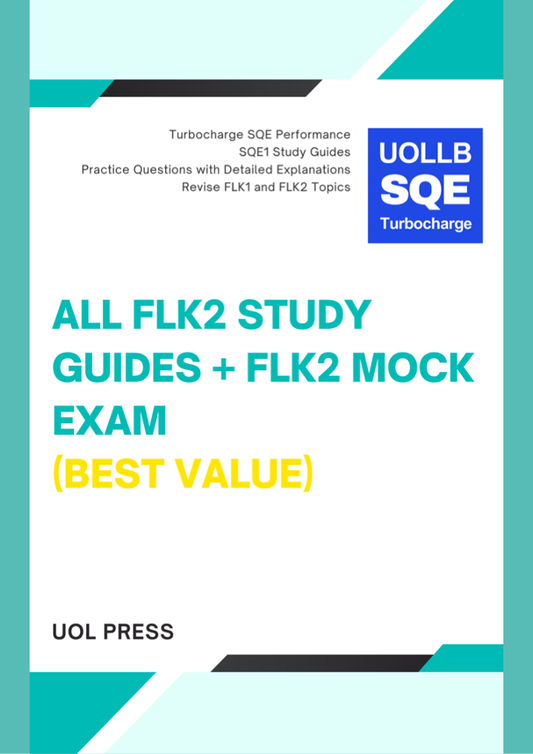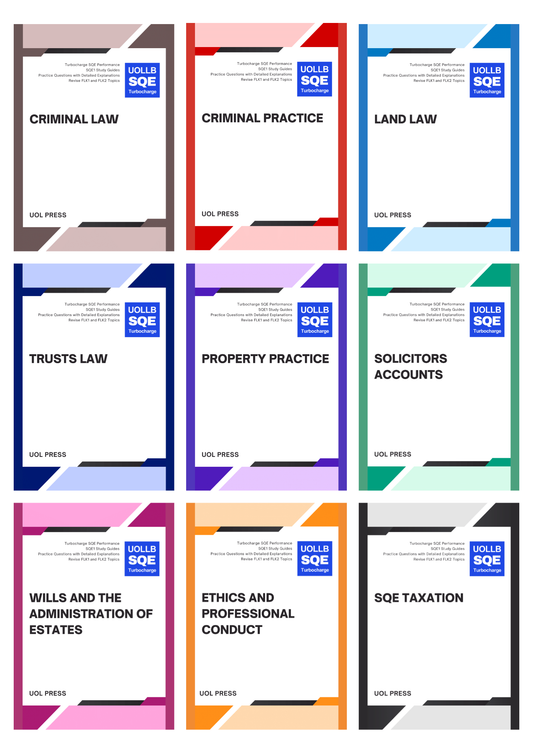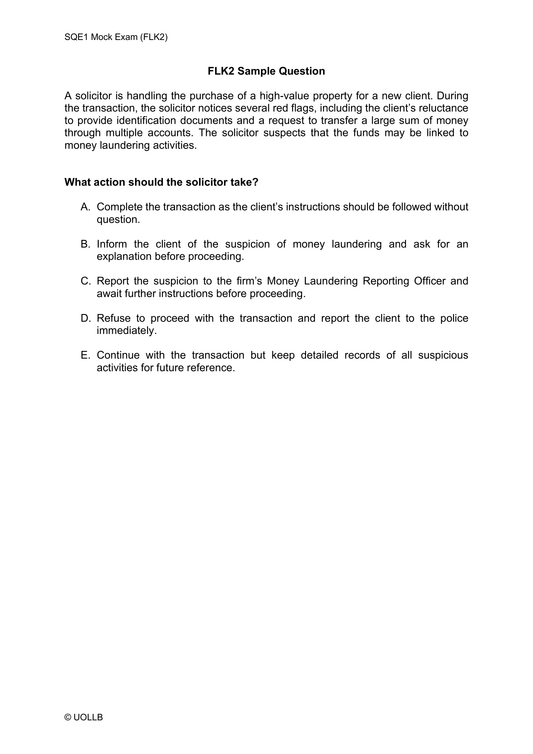SQE Exemptions
Share
An exemption allows qualified lawyers in foreign jurisdictions to bypass one or more of the SQE assessments if their prior legal qualifications and experience meet the standards of the SQE assessment. These standards are based on English and Welsh law. Exemptions can be granted in full for the following assessments:
Exemptions are available exclusively to qualified lawyers who hold professional legal qualifications granting practising rights in England and Wales or another jurisdiction. Applicants must already be admitted in their jurisdiction and possess practising rights in one or more of the following areas:
SQE1 Exemption
Applicants must demonstrate that their qualifications and work experience cover the areas assessed in either FLK1, FLK2, or both, and that the content and standard are equivalent to the SQE1 assessment. This includes showing that the law in their jurisdiction is not significantly different from that of England and Wales. Evidence must also include references from supervisors, relevant work samples (e.g. redacted client letters), and proof of meeting the SRA Threshold Standard level three. Given the high bar for the SQE1 exemption, applicants are advised to contact the SRA before applying, as exemptions have rarely been granted. The application process for an SQE1 exemption may take up to 180 days, as it often involves an external assessor reviewing the evidence.
SQE2 Exemption
Applicants for an SQE2 exemption must demonstrate equivalent skills and legal knowledge to those assessed in the SQE2 exam. To qualify, applicants must have the same practising rights as solicitors of England and Wales and at least two years of post-qualification professional legal work experience. This experience must either be mandatory for qualification or post-qualification, as pre-qualification work experience is insufficient. Evidence must include proof of practice in the following specific areas:
Before applying for any exemption, you must ensure that your legal qualifications and jurisdictions are updated in your profile. This includes accurately adding all jurisdiction details and qualification dates. An exemption application can only be submitted after these steps are completed. If you want to apply for the SQE2 exemption, you can do so while sitting SQE1 or awaiting the result. If the SQE2 exemption is denied, you must pass SQE1 before attempting SQE2. If granted, you will still be subject to the rule allowing three attempts at SQE1 within six years from the first sitting.
- SQE1 FLK 1
- SQE1 FLK 2
- SQE2
Exemptions are available exclusively to qualified lawyers who hold professional legal qualifications granting practising rights in England and Wales or another jurisdiction. Applicants must already be admitted in their jurisdiction and possess practising rights in one or more of the following areas:
- Criminal litigation (including advising clients at the police station)
- Civil litigation (dispute resolution)
- Property practice
- Wills and intestacy, probate administration and practice
- Business organisations rules and procedures
SQE1 Exemption
Applicants must demonstrate that their qualifications and work experience cover the areas assessed in either FLK1, FLK2, or both, and that the content and standard are equivalent to the SQE1 assessment. This includes showing that the law in their jurisdiction is not significantly different from that of England and Wales. Evidence must also include references from supervisors, relevant work samples (e.g. redacted client letters), and proof of meeting the SRA Threshold Standard level three. Given the high bar for the SQE1 exemption, applicants are advised to contact the SRA before applying, as exemptions have rarely been granted. The application process for an SQE1 exemption may take up to 180 days, as it often involves an external assessor reviewing the evidence.
SQE2 Exemption
Applicants for an SQE2 exemption must demonstrate equivalent skills and legal knowledge to those assessed in the SQE2 exam. To qualify, applicants must have the same practising rights as solicitors of England and Wales and at least two years of post-qualification professional legal work experience. This experience must either be mandatory for qualification or post-qualification, as pre-qualification work experience is insufficient. Evidence must include proof of practice in the following specific areas:
- Criminal litigation (including advising clients at the police station)
- Civil litigation (dispute resolution)
- Property practice
- Wills and intestacy, probate administration and practice
- Business organisations rules and procedures
Before applying for any exemption, you must ensure that your legal qualifications and jurisdictions are updated in your profile. This includes accurately adding all jurisdiction details and qualification dates. An exemption application can only be submitted after these steps are completed. If you want to apply for the SQE2 exemption, you can do so while sitting SQE1 or awaiting the result. If the SQE2 exemption is denied, you must pass SQE1 before attempting SQE2. If granted, you will still be subject to the rule allowing three attempts at SQE1 within six years from the first sitting.
